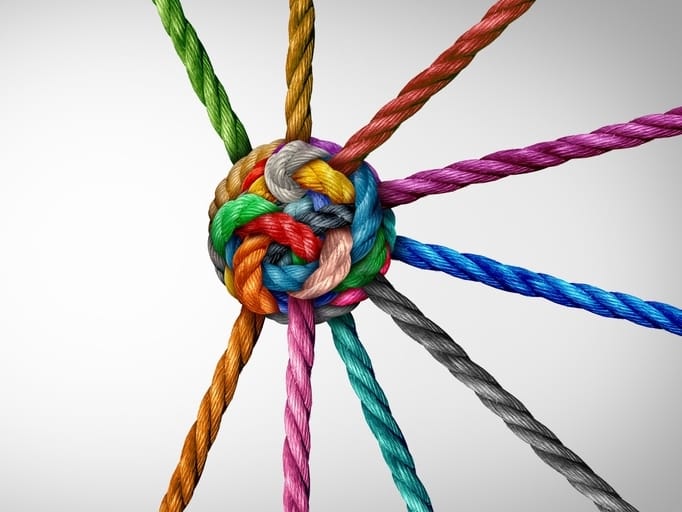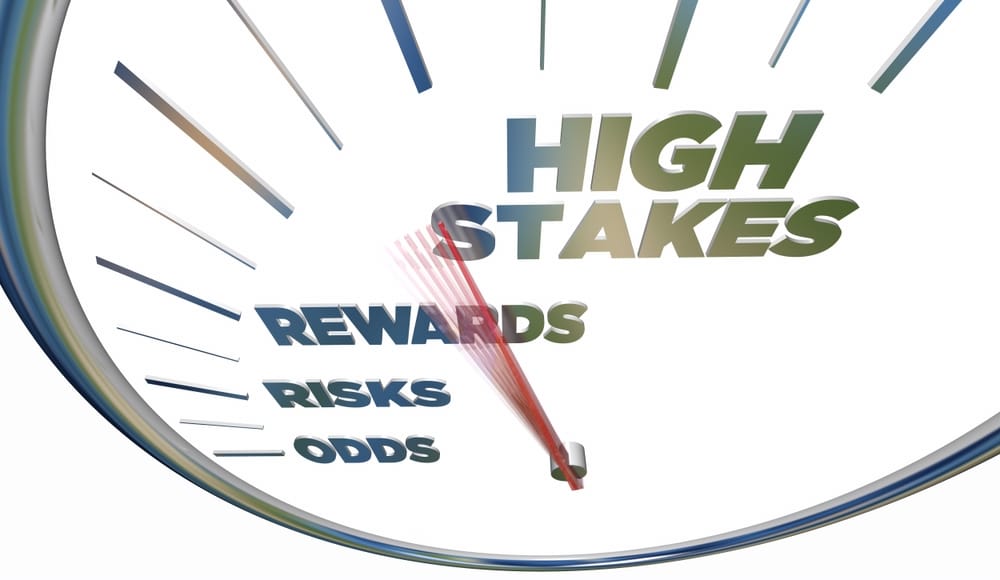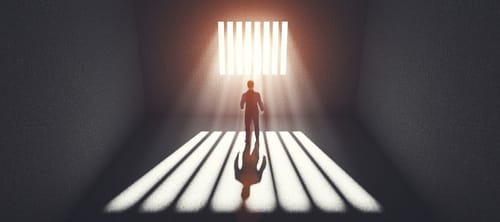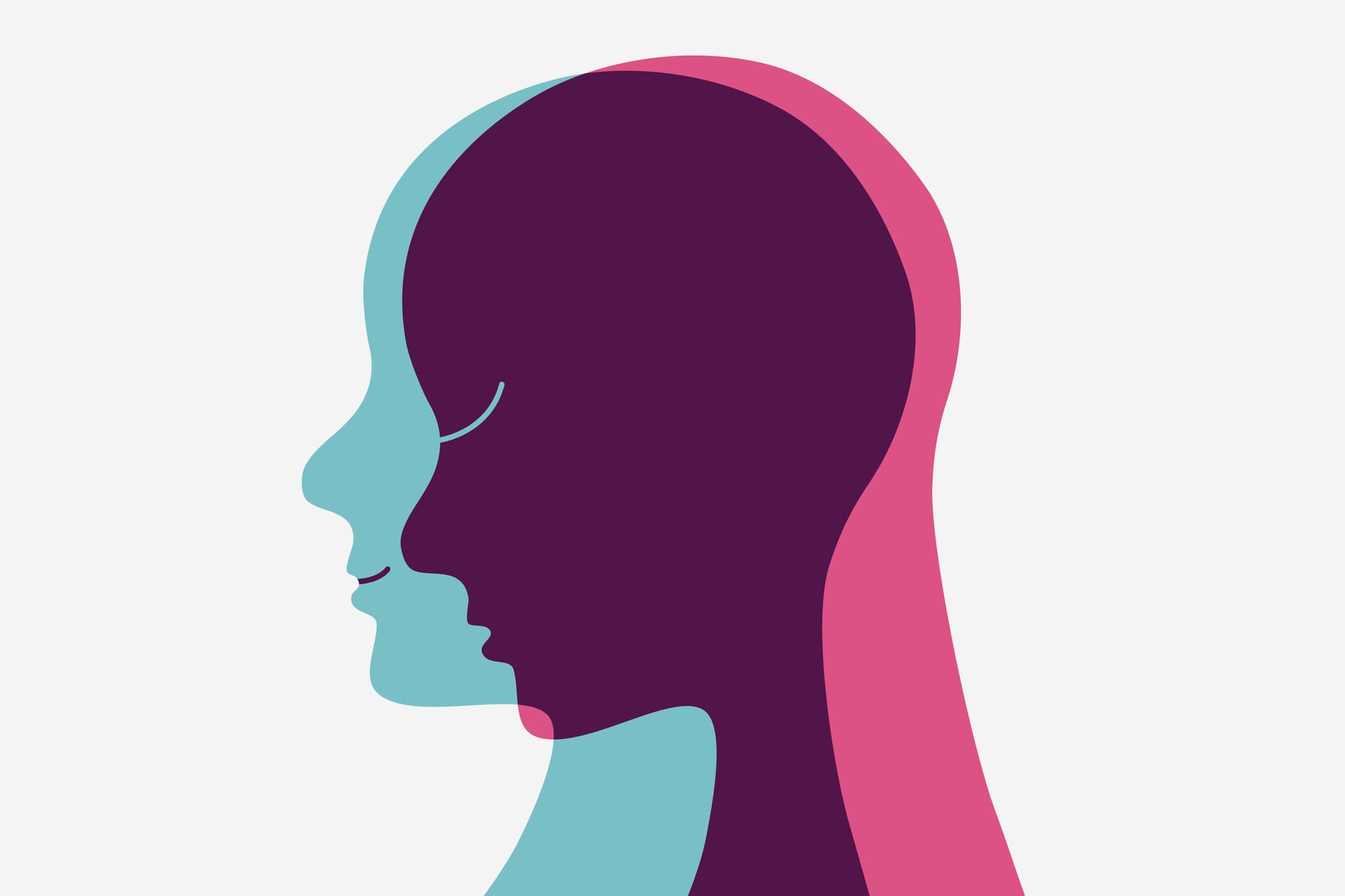
Rethinking connection
What I Brought Home from the TheMHS Conference
By Fiona Sutherland
A reminder why I do what I do
I didn’t expect to feel so re-energised. After more than three decades in mental health services, you get used to the familiar rhythms — the daily urgencies, the small fires to put out, the meetings that fill the calendar. But stepping out of that busyness, even briefly, is something I hadn’t realised how much I needed. Attending the TheMHS Conference in Brisbane reminded me why I started in this work, and more importantly, what it will take to sustain it into the future.
A privilege to attend
I came to the conference with my colleague James, thanks to the support of Sally and the leadership at Pathways. It was a privilege — and a timely one. There weren’t many of us from Aotearoa this year, which made me even more conscious of the need to bring home what we learned and use it to strengthen our services..
Great time to think ahead
It was different back then
When I first started as a new graduate, the way we worked, the models of care we used, even the way we spoke to people — it was all so different. Looking back now, some of it makes me cringe. But that’s the point of coming together like this: to stay contemporary, to learn from each other, and to keep evolving.
Connection is a practice
Climate change awareness
The conversations about climate change struck me particularly hard. I hadn’t fully appreciated how deeply environmental issues are already shaping mental health, especially for young people. Think of a generation growing up through floods, fires, earthquakes and displacement — constant anxiety about safety and stability. These aren’t abstract “future problems”. They’re real, lived experiences right now. And if we’re serious about mental health, we have to start designing services that acknowledge and respond to these pressures — from housing insecurity to community resilience.
Design thinking
One of the sessions that really stayed with me was an experiential workshop on co-design. I’ve always believed that the best services are relational — they’re built on trust, respect, and collaboration. But this session deepened that belief. We were invited not just to talk about co-design, but to do it — to feel what it means to truly share power and creativity.
Imagine if everyone working in our sector — from leadership through to front-line practice — asked themselves that same question every day. Would I be proud for my whanau to use this service? If we each held ourselves to that standard, I genuinely believe we’d see transformation across the board.
Seize the opportunity to go
Of course, it’s not just about big ideas. It’s also about practicalities. My advice for anyone heading to a conference like this:
- Get organised.
- Use the technology. I’m not naturally tech-savvy, but I’ve learned to lean into it. I found myself taking photos of slides, recording key moments, and experimenting with AI tools to help sort and summarise my notes. That alone feels like a kind of evolution — learning how to use technology not as a barrier, but as a bridge to better learning and collaboration,It does take time though.
- Make space. That’s another piece of advice I’d offer: give yourself room to absorb and reflect. TheMHS was full on — so many sessions I wanted to attend, so many ideas flying around. But the real insights came when I slowed down enough to connect, to have conversations, to listen.
Things stay with you
When I think about what I’ll bring back to my mahi in Tāmaki Makaurau, it’s this focus on relationships and partnership. We’ve been trying for some time to build stronger collaborations with other NGOs and teams we share work with, and it hasn’t always been easy. But I’m leaving with a renewed sense of why that matters. Without real relationships, even the most innovative ideas don’t stick.
As I flew home, I kept thinking about something simple that came up in one of the final sessions: progress doesn’t always have to be huge. It can be made up of small, deliberate shifts — moments of connection, collaboration, reflection. That’s what conferences like TheMHS are really about. They’re a chance to stop, breathe, and remind ourselves that we’re part of something larger than our own service, our own patch.
It’s easy to feel overwhelmed in this sector — by the scale of need, by the systems that feel too slow to change. But sitting in that room with hundreds of people committed to doing better, I felt hopeful. Inspired, even.


